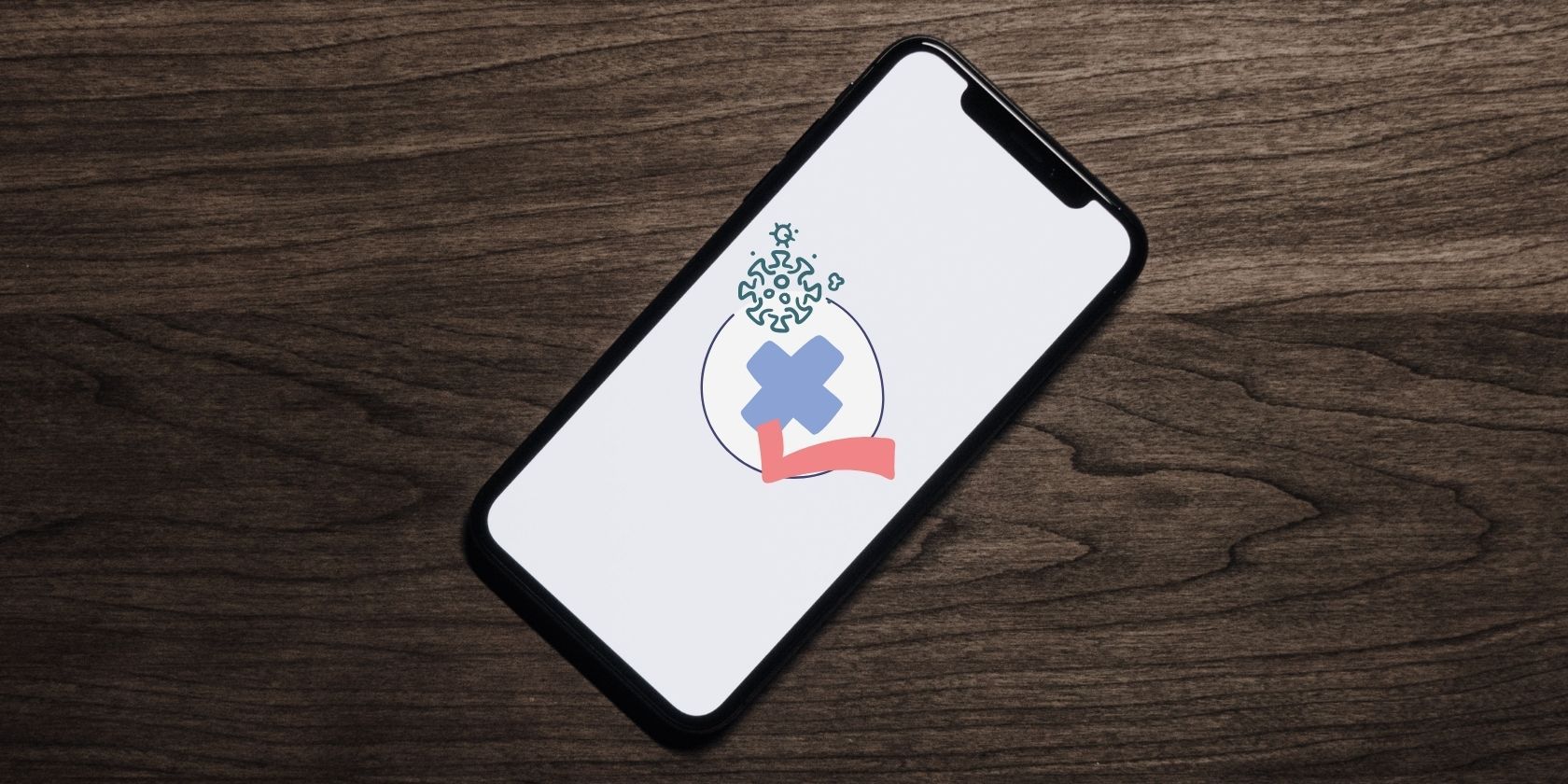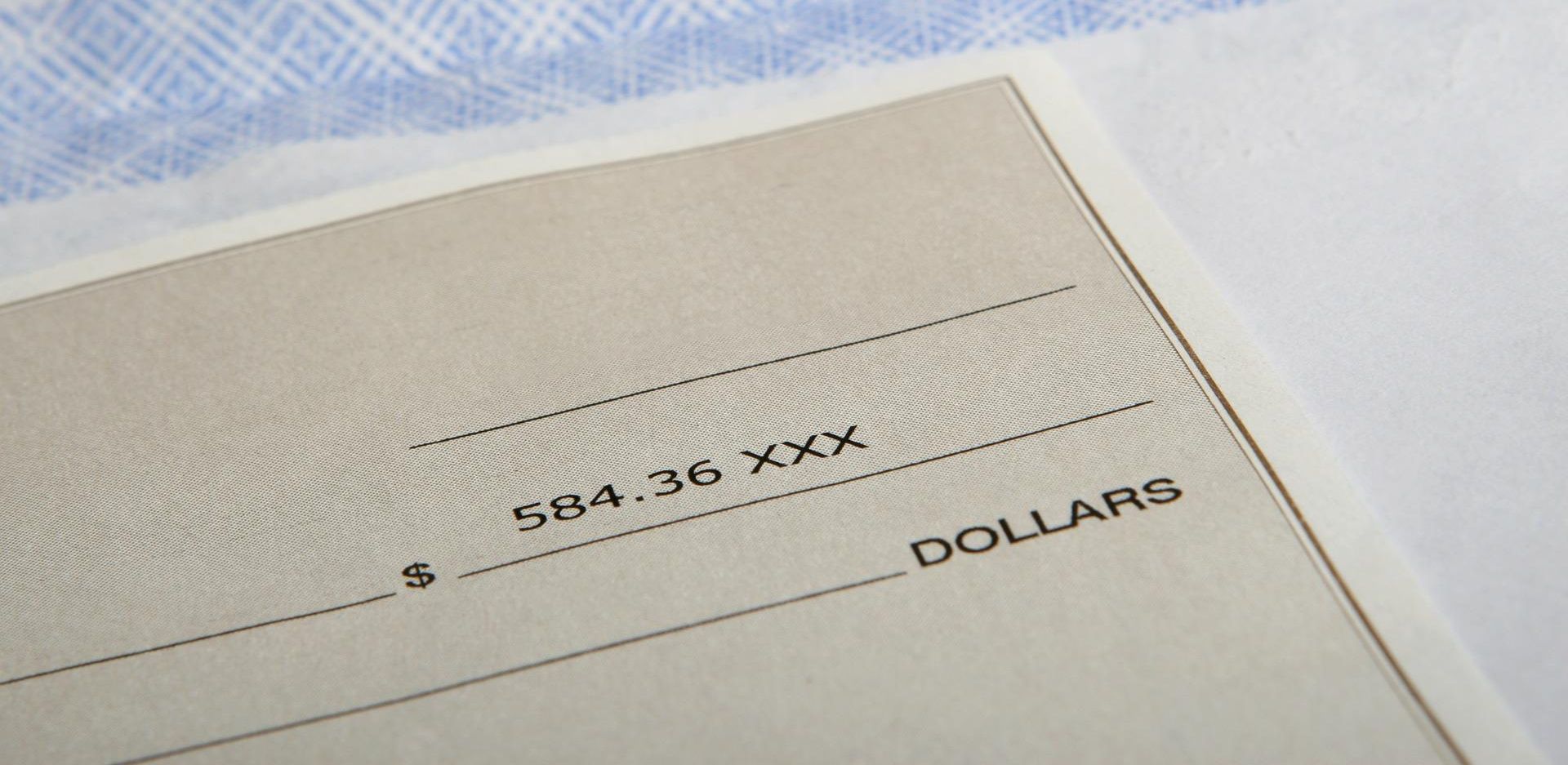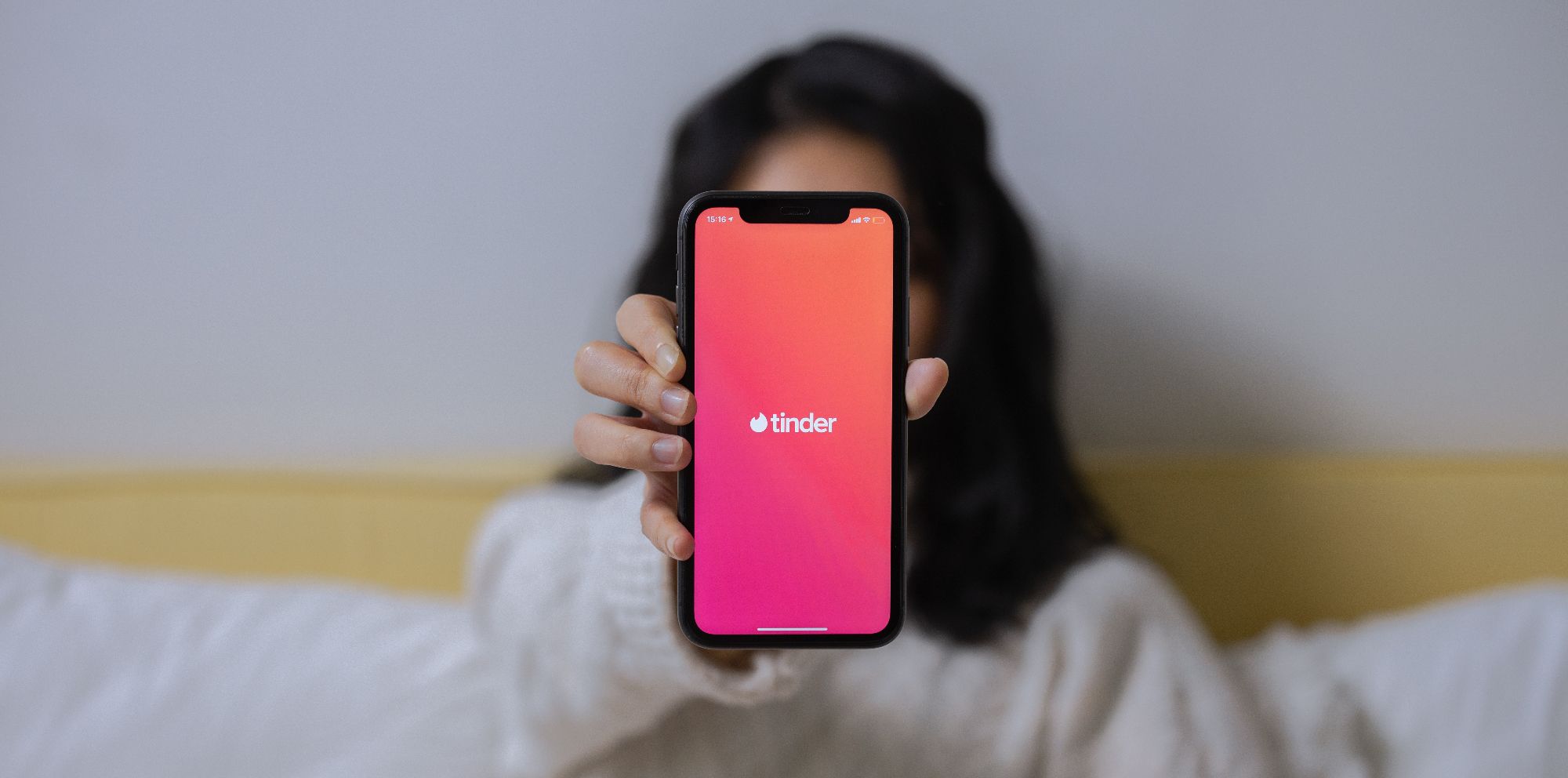The coronavirus pandemic affected billions of people in one way or another, and its aftershocks are still rippling around the world. The frightening events that took place in 2020 and 2021 shook us all, with people fearing for their wellbeing, finances, and even their lives.
This vulnerability was taken and exploited by criminals, as is the case in most global crises, giving way to a myriad of different COVID-19-related scams. So, which scams were the most prevalent?
1. Fake COVID-19 Contact Alerts
As the COVID-19 pandemic became an ever-increasing concern, governments and healthcare organizations around the world began developing and launching their own healthcare apps to tackle the crisis. The United Kingdom, for example, launched the NHS Test and Trace app, which could notify people if they had been in contact with a positive COVID-19 case.
But cybercriminals were quick to capitalize on these apps. It became common for individuals to receive fake text alerts which claimed that they had been in contact with COVID-19 and therefore needed to order a test kit. The text would provide a link to where the individual could order their test kit, but these were, in reality, links to phishing websites, from which criminals could get their hands on sensitive information, such as email and home addresses.
These phishing sites can even request payment information for the test, which means that your card details can be easily stolen by a malicious individual and used to spend your money.
If you're ever sent a text that provides you with a link to click on, be sure to run the link through a link-checker beforehand, as there's a chance that you're about to click on a scam site.
2. Fake Vaccine Appointment Texts
In late 2020 and early 2021, millions of people around the world were waiting eagerly for their chance to get the COVID-19 vaccine. This opened a door to scammers, who began sending texts to unsuspecting individuals notifying them that they are eligible for the vaccine. These texts would also contain links to the "booking website", which required sensitive information or payment details to book.
Of course, the COVID-19 vaccine is free, so there'd never be an instance in which you'd need to provide your card details to book an appointment. Some of these vaccine scams even asked for proof of identity, which could then be used to gather even more of a victim's information.
3. Fake PPE Websites
At the beginning of the COVID-19 pandemic, organizations were scrambling for Personal Protective Equipment (PPE) in order to protect healthcare workers, customer service employees, and other essential personnel as the virus's prevalence worsened. On top of this, individuals began looking for face masks, visors, and gloves to protect themselves and their families. This massive surge in demand for PPE caused a lot of shortages, which gave way to even more virus-reliant scams.
With the biggest online stores like Amazon, Walmart, and eBay constantly suffering from face mask shortages, people began looking elsewhere. So, scammers took to the web and created fake PPE websites to draw in desperate customers. These sites would take sensitive information, particularly payment information, to swindle victims out of money.
The Red Cross, a British charity, is another regularly impersonated organization. One particular smashing (or SMS phishing) campaign that took place during the pandemic involved sending targets a text message claiming that the organization was giving one box of free face masks per household, along with a link. This link lead to a fake Red Cross website that asked the victim to provide their credit card information to make a donation or to pay for the delivery of free masks that never existed in the first place.
4. Stimulus Payment Scams
As more and more individuals were unable to go to work in 2020, the U.S. government launched the Stimulus payment scheme to help people cope financially. And, of course, cybercriminals were at the ready to take advantage of this scheme.
In this scam, cybercriminals would impersonate organizations like the IRS, contacting people via phone or email and requesting certain information from you so that you can receive your check. Social security numbers were particularly sought-after by criminals in this scam. Phishing was also used in stimulus scams, wherein victims were sent texts including links that they could click on to receive their stimulus payment.
As you might have guessed, these links lead to phishing websites, which can trick people into divulging private information like their social security number, payment details, or address.
6. Online Shopping Scams
We all began shopping online more frequently during the pandemic. Whether this was down to necessity or boredom, e-commerce soared as a result of this huge uptick in global demand. But cybercriminals were quick to get in on the action, too.
Even before the pandemic, e-commerce scams were rife. But the exponential growth that this industry saw in 2020 and 2021 led to a worrying surge in the number of online shopping scams being launched.
One of the most common types of shopping scams out there involves creating dupe websites that impersonate a trusted business. If someone doesn't know how to spot a dupe site, they can very easily be tricked into entering their payment or contact information without realizing that they are handing it over to a malicious individual.
A lot of new online stores also popped up during the pandemic, with hopeful individuals looking to start their own small businesses. But some of these sites had a more illicit goal and would charge customers for fake products that they would never end up receiving.
7. Romance Scams
The pandemic didn't just give way to fear or confusion. Loneliness became a pandemic in and of itself as the virus spread around the globe, with individuals being isolated from friends and family for long periods. On top of this, people's dating lives took a hit too, as it became pretty difficult to meet someone in person. Because of this, cybercriminals took to dating apps to exploit those looking for love.
Romance scams are particularly heinous because they play on someone's emotions. Such scams can involve a criminal impersonating someone else, and gaining a victim's trust over time. Then, once they feel that the victim has been well and truly tricked, the cybercriminal will feign financial struggle and ask the victim for monetary support.
And you'd be surprised at how often the victim will fall for this plea. What's that old adage about rose-tinted glasses?
The Pandemic May be Winding Down, but Cybercrime Is Not
As we continue to rely more and more on technology for our jobs, entertainment, finances, and shopping habits, cybercriminals continue to develop sophisticated scams, tricking thousands of victims worldwide every single day. This is why it's crucial that you're always vigilant when using the web so that your private information can remain just that: private.






-1.jpg)
